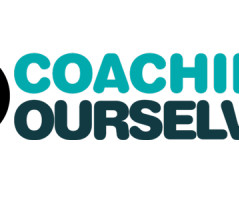Leading as Needed: Nurturing a Team to High Performance
Coaching Ourselves
AUGUST 29, 2023
Tuckman (1965). While there have been various adaptations and enhancements of this basic four-stage model, 70 years later Tuckman’s model is still considered a useful framework for understanding team behaviours. One of the most enduring and influential models of the group developmental process is from psychologist Bruce W.












Let's personalize your content